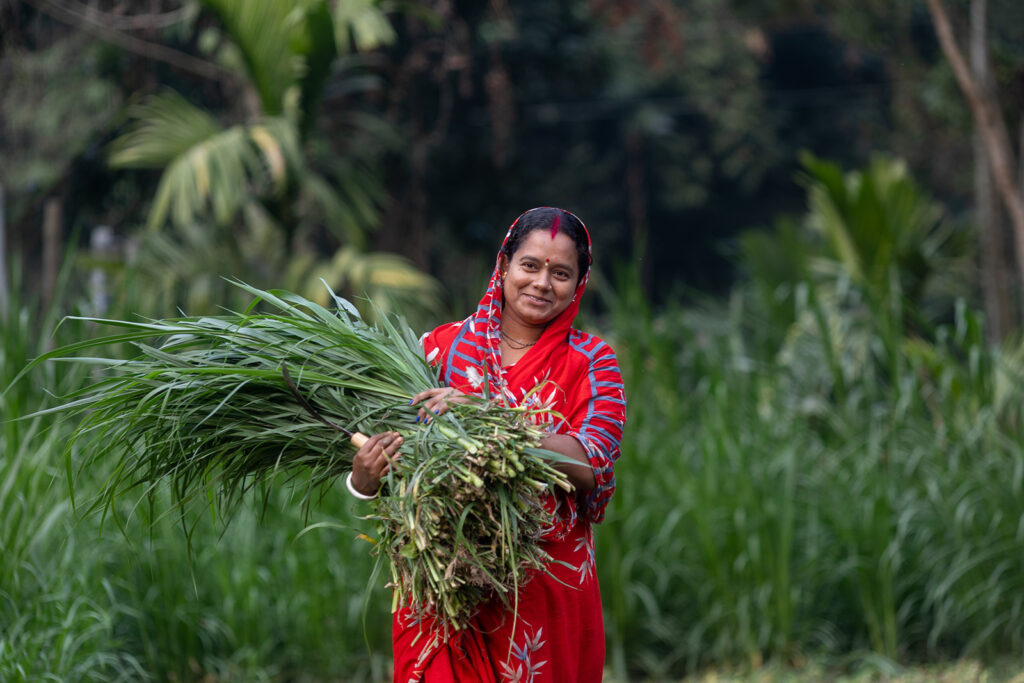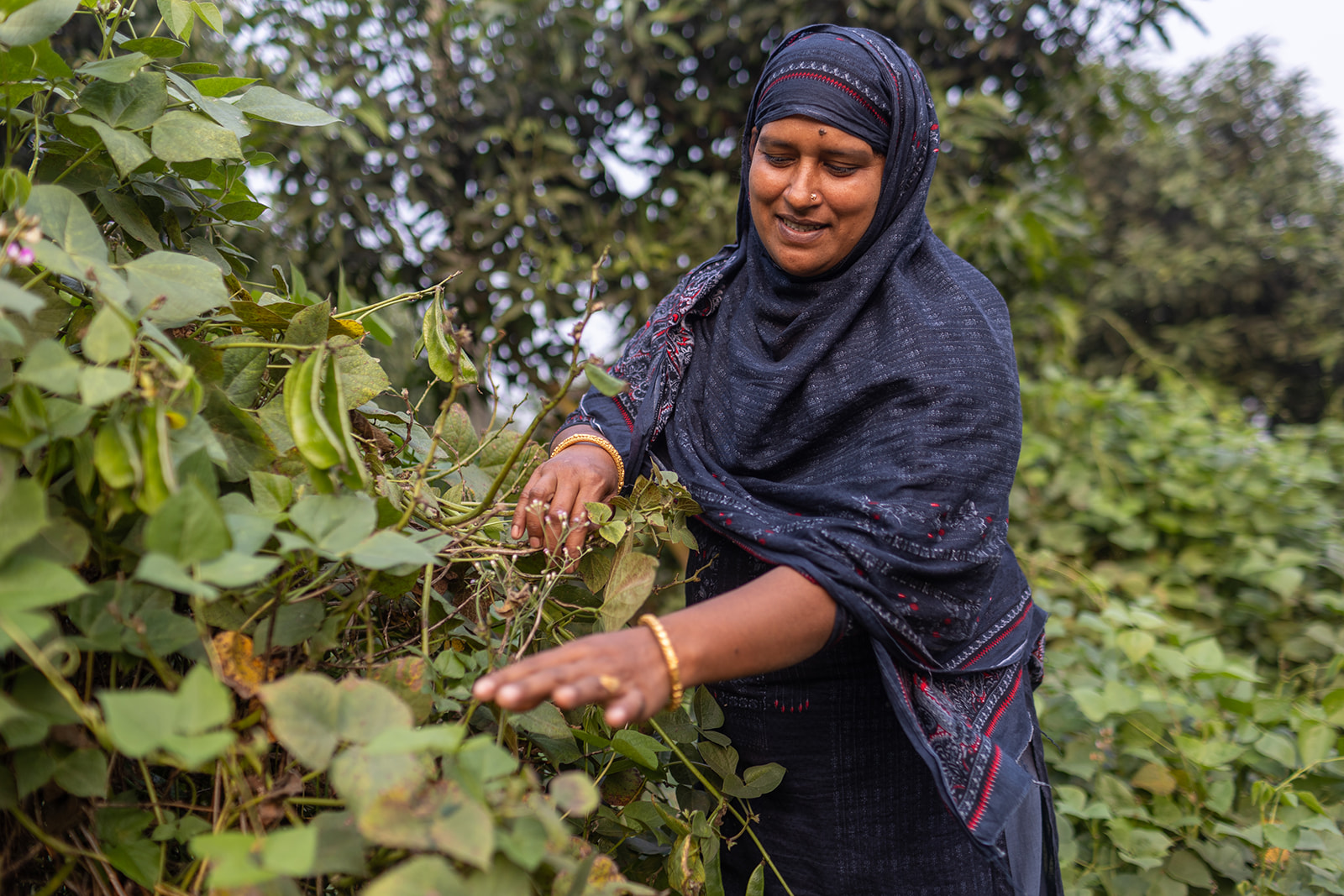For agricultural supply chains to be truly inclusive, women’s participation is a vital and integral requirement. Women make up roughly 37 percent of the workforce in agriculture, yet their voices remain unheard. The lack of recognition for women’s efforts is a barrier to the creation of inclusive, fair, and just agricultural supply networks.
Solidaridad recognizes the need to address these problems. This report, the fourth edition of the Affirmative Gender Actions and Inclusivity Report, outlines the challenges and the progress made in promoting gender inclusivity and women empowerment. In the past year we saw the successful introduction and adoption of “feminization of the supply chain,” a proven concept that offers a nuanced and comprehensive methodology to address the unique needs of women, particularly in rural contexts, and empower them.

Other key highlights of the report include:
- Collectivization — Over 1,000 women were engaged in the aggregation of produce, and participated in higher value-chain activities (producing value-added products). A total of 20,000 women now have control over their income and are formally recognized as farmers.
- Inclusion 2 Integration (i2i) model — Introduced as a pilot project in Bangladesh last year, this app for providing direct service to farmers is now ready to be scaled up with replication in India and Sri Lanka.
- Women entrepreneurship — Three women-operated sweet shops were established as a pilot to demonstrate a supply chain that is women-run and operated from end-to-end. In all, 500 women entrepreneurs were supported in the last year.
- Capacity building — More than 100,000 women farmers were trained in good agricultural practices through in-person training and digital outreach.
- Bridging the digital divide — To allow women to access agriculture advisory services and trade information, and help them earn more, 15,000 women were supported with digital ownership. The existing Women Resource Centres were strengthened to include the distribution of women-friendly farm equipment.
- Access to supply chain markets — Women collectives were linked to input and output markets, enabling at least 1,000 women farmers to have direct access to markets.
We are pleased to present the Affirmative Gender Action and Inclusivity Report for the year 2022.

